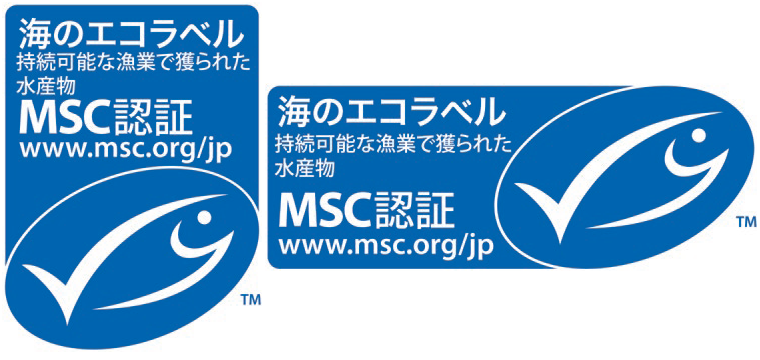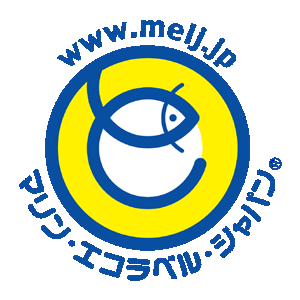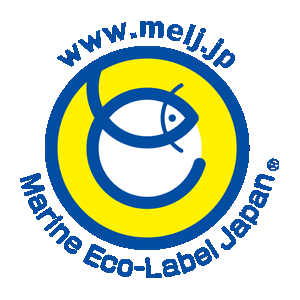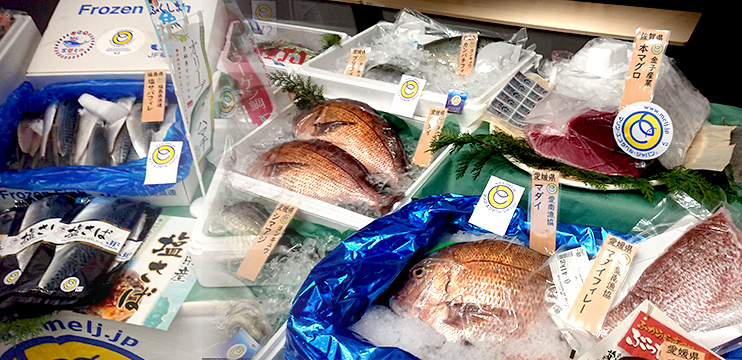Certification program and eco-labeling for sustainable fisheries
Organization: Marine Stewardship Council (MSC)
The MSC ecolabel is used only for seafood caught by fisheries that meet the MSC Fisheries Standard, a benchmark for sustainable fishing based on the UN FAO Code of Conduct for Responsible Fisheries. The MSC Fisheries Standard is used when assessing whether fishing activities are being carried out in a sustainable manner based on appropriate management practices, taking impact on marine resources and the environment into account. If a fishery is certified as having satisfied the MSC Fisheries Standard, seafood coming from the certified fisheries will be entitled to affix the MSC ecolabel. To ensure only certified seafood carries the label, every business in the supply chain must be certified against the MSC Chain of Custody Standard. This standard is applicable to all fisheries that catch fishes living in natural seawater and freshwater bodies. The scope of eligible species includes fish, shellfish, and crustaceans (but not mammals, birds, amphibians, or reptiles). A fishery is assessed by a third-party independent assessment body that has been independently accredited by Assurance Services International (ASI).

Reference: MSC website(https://www.msc.org/jp)
Marine Eco-Label Japan (MEL)
Organizations: Marine Eco-Label Japan Council, Japan Fisheries Resource Conservation Association (JFRCA), Marine Ecology Research Institute (MERI)
MEL was established by the Japan Fisheries Association in 2007 in line with a set of guidelines applicable to the production stage (fisheries) and seafood processing and distribution stages for the sustainable use of seafood, as adopted by the U.N. Food and Agriculture Organization (FAO) in 2005. This organization was taken over by the Marine Eco-Label Japan Council in 2016, as the scheme owner tasked with promoting international standardization while adding aquaculture standard and taking the characteristics of Japan’s fishery diversity into account. The certification standards were revised and approved by the Global Sustainable Seafood Initiative (GSSI) in December 2019. As the certification body for this scheme, the JFRCA grants certifications by accepting applications to conduct assessments for applicants and having assessment conducted by certified auditors in accordance with MEL’s scheme. The JFRCA has been accredited as MEL’s certification body by the Japan Accreditation Board (JAB). Since the JAB, a member of the International Accreditation Forum (IAF), accredits product certification bodies and inspection agencies in accordance with ISO standards, MEL can be described as an internationally recognized eco-label for seafood.
As a second certification body for this scheme, the MERI is presently working to be granted JAB accreditation.




